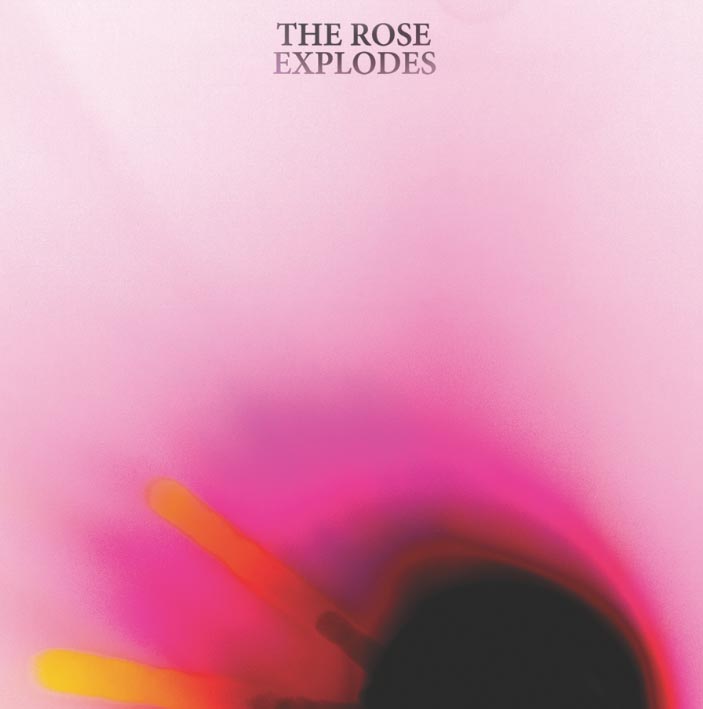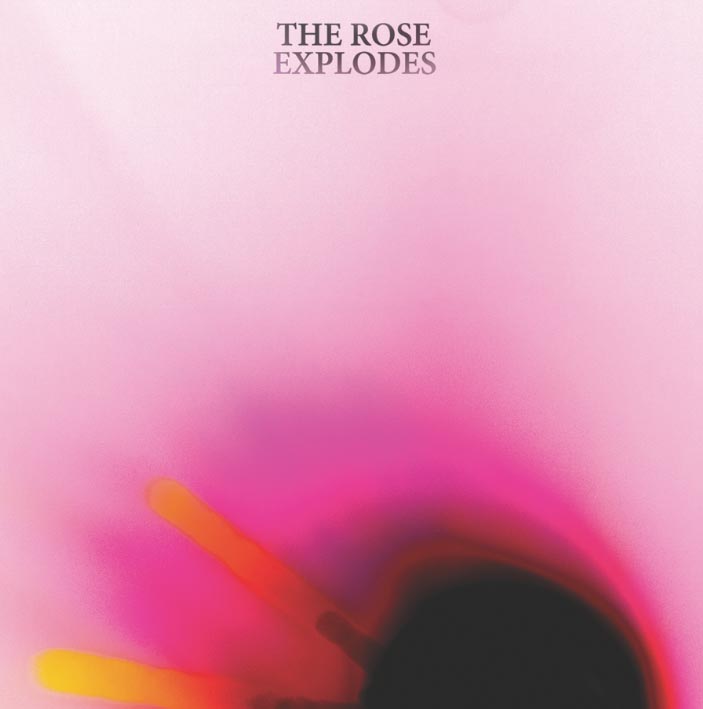
Dream Boat’s lyrics on The Rose Explodes convey emotions that I have felt before, and that you have probably felt as well. The first time I was intensely aware of this fact was on “No Going Home”, when Campbell swings back and forth between lamenting and praising a sense of displacement and acceptance of one’s place. Throughout the album, Campbell sows this down-to-earth yet melancholy seed, combining a growing sense of fear with an equally powerful feeling of longing. Lines such as “I knew/ It wasn’t safe/ I had to/ Get away/ The pain/ On my face/ I could/ Not wait” rove through “Escape” with a rhythmic, primitive urgency, while lyrics like, “You make me want to live forever/ You make me promise I’ll never die” emerge celebratorily on “Never Die.” Simple, beautiful melodies and vocal affectations are easily supported by Campbell’s voice, which is smooth and full-bodied as salt water. Repeating melodic loops and lyrical iterations without hesitation, Campbell’s voice attains a mantra-like quality. Through the intertwining of fear and longing, The Rose Explodes captures lyrically the vivid feeling of forging a deep connection with someone and the fear of losing that that connection can create: “You pull me in/ Deny my retreat / Make me believe/ The circle is complete.”
By creating a space from which Campbell’s voice can emerge and utilizing that space to support her voice, The Rose Explodes‘ soundscape enhances the overall feeling of raw emotion that it conveys. Combining flutes and bell sounds with erratic synths and digital-sounding effects allows the album’s instrumentation to sound simultaneously old and new, highlighting the way Campbell’s voice harkens back to female pop, rock, and folk from the ’70s and ’90s. By experimenting with distances, alternating which vocal or instrumental tracks feel close and which seem far, Donahue and Campbell create a musical space that has depth rather than the mere appearance of depth. Embedded raw electric guitar lines, sustained organ-like synth parts, and strings seem indecipherable from each other in an abyss of sound, until select lines emerge at crucial moments and make themselves known. Rattling electronic drums and dirge-like instrumental layers, for example, highlight Campbell’s melancholy soulfulness on the album’s final, bittersweet track, “Say Goodbye,” before erupting into a subtle cacophony of sound that closes the album. The Rose Explodes‘ colorful, textured sonic landscape, gutted and driven throughout by round, absorbing percussion as well as satisfying, unassuming chord changes, allows the listener a place for perusal, while creating a space from which Campbell’s voice can emerge — committed — throughout.
While many albums of this kind attempt to convey meaning against an interesting instrumental backdrop, few are as successful as The Rose Explodes. As with any personal album, the only sensible next step for Dream Boat is to keep going, to dig deeper. So, we’ve explored the volatile combination of fear and longing; what more can we say, what else can we explore? If Campbell and Donahue stay as cohesive as they seemed to have been in the creation of The Rose Explodes, we’ll have some answers.

Ω






